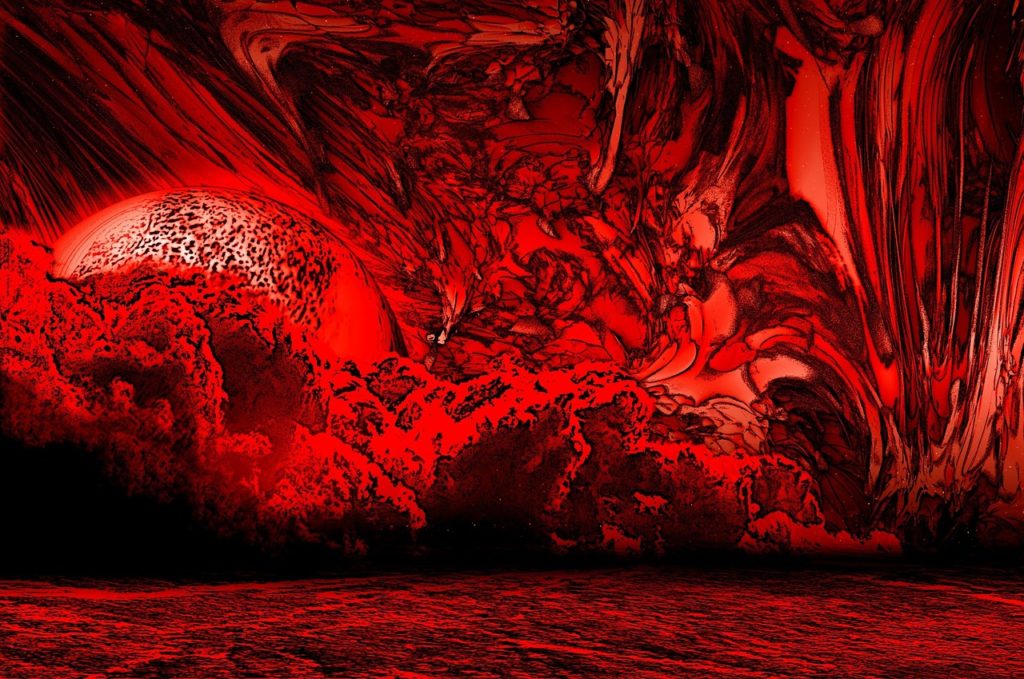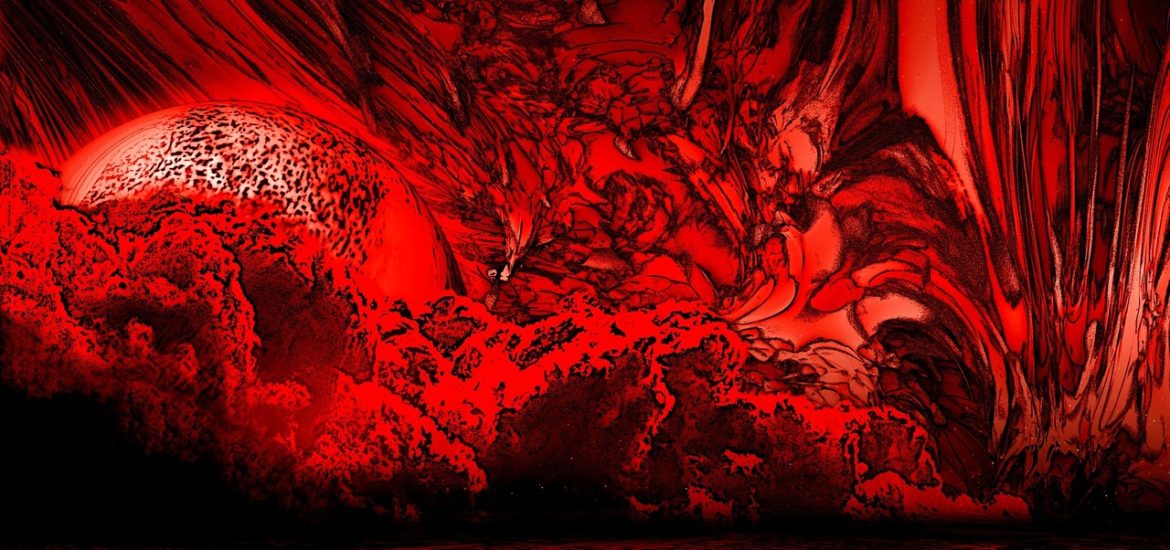
Eight Reasons to Doubt
I heard a lot about hell growing up in the church, but now I have found eight reasons to doubt its existence. Hell was a constant threat. Even though a person prayed, worshiped regularly and dropped something in the offering plate, one misstep could send him or her to hell. This was especially true if the sin was in the area of sex. A relationship with God was supposed to be a beautiful thing. It was to be filled with love, joy, hope, freedom and purpose. Often, though, the black clouds of God’s displeasure and possible condemnation hung over the relationship and robbed it of its potential.
I have become aware of several facts about hell, which have caused me to change my perception of it. No longer do I see hell as a threat. Now, I understand it to be an illusion.
First Reason to Doubt—Hell is not in the Bible
Neither the Hebrew Scripture nor the Christian New Testament contains the word “hell.” The two words that are commonly translated “hell,” are “Sheol” and “Gehenna.” Sheol is the Hebrew word for the place of the dead. Gehenna refers to a garbage dump in first century Israel. Neither word has anything to do with a place of condemnation and eternal punishment.
Second Reason to Doubt—Early Christians Had No Concept of Hell
People in the first and second centuries (CE) did not become followers of The Way in order to escape God’s wrath. They followed Jesus in order to celebrate God’s love and grace and to participate in the kingdom of God Jesus established through his life, death and resurrection.
Third Reason to Doubt—Several Early Church Fathers Believed in Universal Salvation
The concept of Universal Salvation is not a recent phenomenon. Many church fathers, among them Cyprian and Origen, believed and wrote that Jesus’ incarnation was not for the benefit of a select few, but rather for the whole world. When Jesus proclaimed “It is finished,” on the cross, salvation for all was accomplished.
Fourth Reason to Doubt—the Concept of Hell Has Its Roots in Paganism
Hades was the god of the underworld. His realm was the abode of the dead. Tartarus was the place to which gods and Titans were banished. The Greek philosopher, Plato, was the one who combined the punishment of Tartarus with Hades and suggested that Hades (or Hell) was the place of eternal punishment.
Fifth Reason to Doubt—Augustine Promoted Hell in the Fourth Century
The church father, Augustine, was a Neo-Platonist and, in the fourth century CE, transfused many of Plato’s teachings into his writings and thus into Christian doctrine. One such item was Plato’s belief in Hades as the place of eternal punishment. Augustine felt anyone who disagreed with him should rightfully be condemned to Hades.
Sixth Reason to Doubt—The Church has Used Hell to Control Its Members
Church leaders discovered that the threat of Hell was an effective means of controlling church members. People could be convinced to increase their financial support of the church with the promise of avoiding condemnation. Loyalty to the leadership could be enforced and personal behaviors dictated. Such manipulation is still used today in some areas of the church.
Seventh Reason to Doubt—Hell Contradicts God’s Essence of Love
God is love. Love is not one of God’s many characteristics. Rather, it is God’s essence. Love is who God is. The idea of eternal condemnation is contrary to who God is. Jesus tells his followers that they must be forgiving—forgiving seventy times seven, or without limits. The concept of hell and eternal punishment contradicts both God’s essence and Jesus’ teachings.
Eighth Reason to Doubt—Hell Limits Our Dialogue with Others
We have been encouraged to mimic Augustine’s actions and condemn those who disagree with us, even fellow Christians, to the confines of hell and eternal torment. Never did we question the idea that people of different faiths were similarly condemned. The absence of hell frees us to see everyone as God’s children and not categorize others as either saved or condemned.
Hell is not part of God’s creation. Instead it is a product of humankind’s twisted imagination. It is time to get out of the shadow of hell and eternal judgment and walk in the light of Christ. Because of what Jesus accomplished by his life, death and resurrection, we can experience and enjoy true freedom (John 8:36).


If Jesus died to forgive our sins then there is no need of hell.
I could not agree more with this treatise. I’ve never believed in a condemning God.
Where do evil spirits dwell then?
Kim, not to make light of your question. The first thing that came to my mind was that we have quite a few running around among us.
I just read Psalm 9:17 and in my NKJV they used the word hell which I had never noticed before and was wondering if it was the translation?
Kim, the KJV and I suspect the NKJV are the translations that use hell most often. I believe if you go back to the Hebrew text you will find that the word is Sheol.